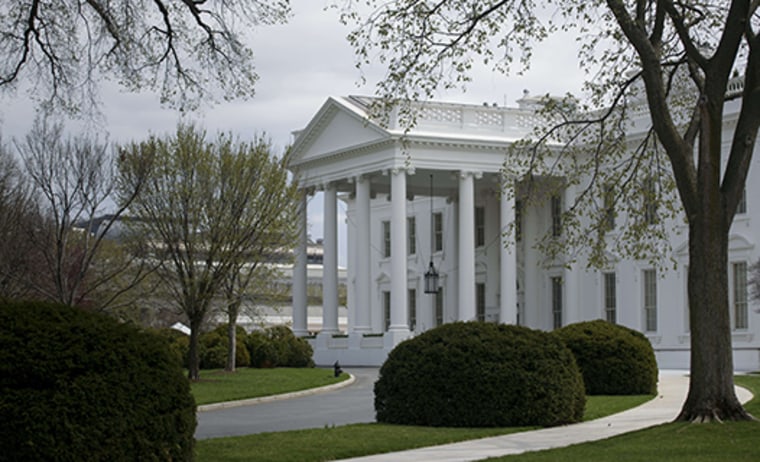Pushing the nation's intelligence community in a decidedly Trumpian direction isn't necessarily easy. It begins with a lengthy intimidation campaign in which the president publicly attacks and belittles intelligence professionals, while making clear that the White House will not look kindly on those who tell the president what he doesn't want to hear.
It also includes the departure of officials in key roles. At the Office of the Director of National Intelligence, for example, we recently saw the acting director, the acting deputy director, and the general counsel all part ways with the administration.
And it includes finding partisan loyalists, who'll make sure Donald Trump is satisfied, to fill key posts. It's why Ric Grenell is the acting director of National Intelligence, why Kash Patel is now a senior advisor at ODNI, why Rep. John Ratcliffe (R-Texas) is the president's choice to be the new permanent DNI, and why Michael Ellis is suddenly serving in an influential new job. Politico reports today:
A White House lawyer and former counsel to the House Intelligence Committee under Devin Nunes has been named senior director for intelligence on the National Security Council, the latest instance of President Donald Trump elevating a trusted loyalist to control the intelligence community.
The article added that Ellis will now play a key role overseeing "the day to day connective tissue between the intelligence community and the White House." Ellis' office will both review "sensitive information coming in from the intelligence agencies" and coordinate "covert action activities between the White House and the intelligence community."
If Ellis' name sounds at all familiar, it's because his name has generated a fair amount of news of late. In 2017, for example, Ellis was accused of feeding sensitive information to then-House Intelligence Committee Chairman Devin Nunes.
More recently, Lt. Col. Alexander Vindman testified under oath that Ellis was one of the officials responsible for transferring the infamous Trump/Zelensky call summary to the NSC's top-secret computer server.
All of which further suggests the intelligence community will soon be better suited to meet Trump's needs. Whether it will be prepared to suit the nation's needs is another question entirely.
